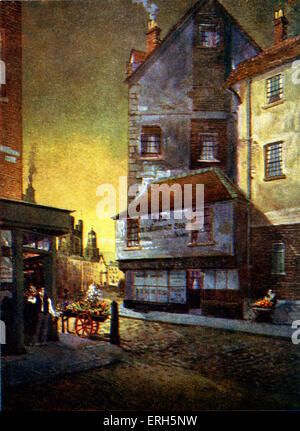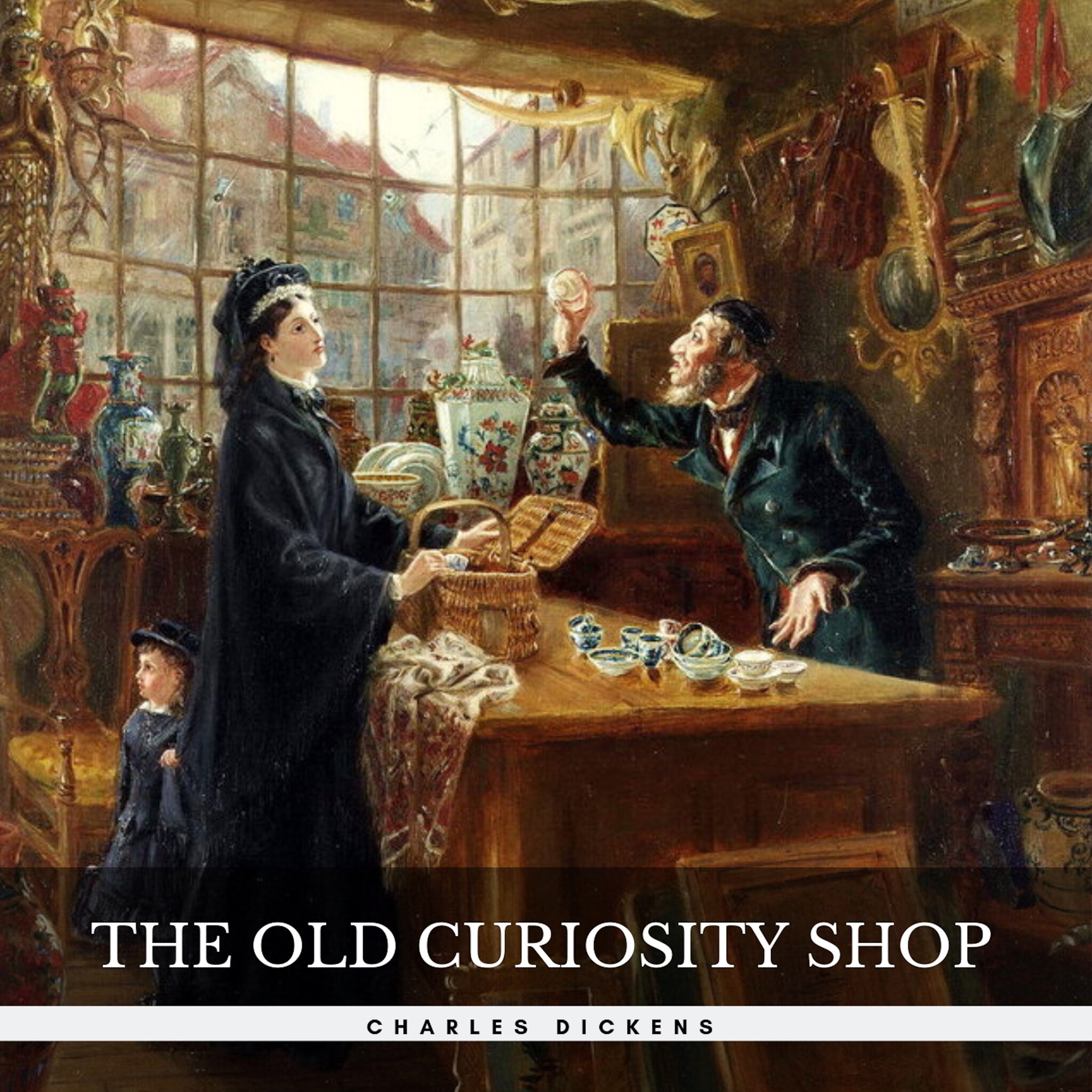
Men in their dungeons stretched their cramp cold limbs and cursed the stone that no bright sky could warm. The nobler beasts confined in dens, stood motionless behind their bars and gazed on fluttering boughs, and sunshine peeping through some little window, with eyes in which old forests gleamed-then trod impatiently the track their prisoned feet had worn-and stopped and gazed again. Birds in hot rooms, covered up close and dark, felt it was morning, and chafed and grew restless in their little cells bright-eyed mice crept back to their tiny homes and nestled timidly together the sleek house-cat, forgetful of her prey, sat winking at the rays of sun starting through keyhole and cranny in the door, and longed for her stealthy run and warm sleek bask outside. The town was glad with morning light places that had shown ugly and distrustful all night long, now wore a smile and sparkling sunbeams dancing on chamber windows, and twinkling through blind and curtain before sleepers' eyes, shed light even into dreams, and chased away the shadows of the night.

Should possibilities be worse to bear than certainties? We do not shun our dying friends the not having distinctly taken leave of one among them, whom we left in all kindness and affection, will often embitter the whole remainder of a life.

Why is it that we can better bear to part in spirit than in body, and while we have the fortitude to act farewell have not the nerve to say it? On the eve of long voyages or an absence of many years, friends who are tenderly attached will separate with the usual look, the usual pressure of the hand, planning one final interview for the morrow, while each well knows that it is but a poor feint to save the pain of uttering that one word, and that the meeting will never be. To have parted from her only other friend upon the threshold of that wild journey, would have wrung her heart indeed. It was enough to leave dumb things behind, and objects that were insensible both to her love and sorrow. But although she would gladly have given him her hand and thanked him for what he had said at their last meeting, it was always a relief to find, when they came nearer to each other, that the person who approached was not he, but a stranger for even if she had not dreaded the effect which the sight of him might have wrought upon her fellow-traveller, she felt that to bid farewell to anybody now, and most of all to him who had been so faithful and so true, was more than she could bear. Often, while they were yet pacing the silent streets of the town on the morning of their departure, the child trembled with a mingled sensation of hope and fear as in some far-off figure imperfectly seen in the clear distance, her fancy traced a likeness to honest Kit. Old Curiosity Shop, by Charles Dickens (1840-1841) - Chapter 15


The Old Curiosity Shop, by Charles Dickens (1840-1841) - Chapter 15 The


 0 kommentar(er)
0 kommentar(er)
